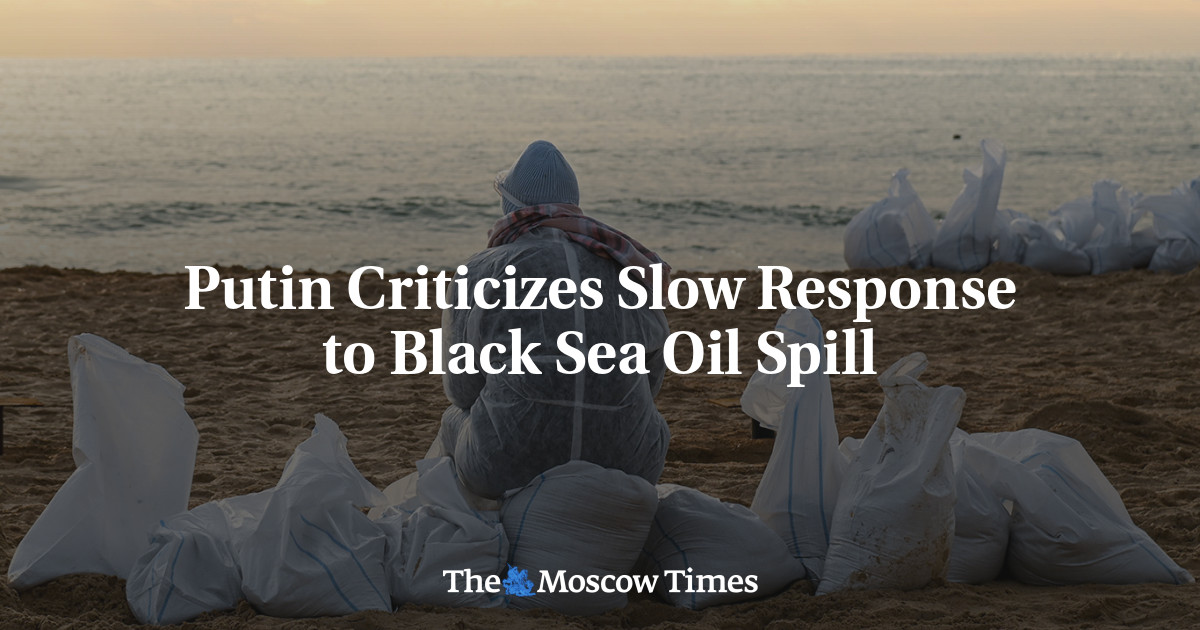CV NEWS FEED // Pope Francis’ autobiography was released Jan. 14, and it covers a wide array of topics, including his childhood, adult life, and decisions as pope such as the controversial approval of “Fiducia Supplicans.”
The autobiography, titled “Hope,” took six years to write, according to the book’s publisher Penguin and Random House Publishing. It explores the Pope’s Italian ancestry, “his ancestors’ courageous migration to Latin America, continuing through his childhood, the enthusiasms and preoccupations of his youth, his vocation, adult life, and the whole of his papacy up to the present day.”
Random House states that in the autobiography, the pontiff candidly writes about conflicts in Ukraine and the Middle East, migration, the environment, sexuality, and the future of the Church, among other topics. As CatholicVote previously reported, he also revealed in the autobiography that suicide bombers had targeted him when he visited Iraq in 2021.
Writing for the Associated Press, Nicole Winfield’s assessment of the autobiography notes that it is “almost confessional at times,” as Pope Francis recounts a number of regrets from his life before becoming pope.
“Whether it’s the time when he insisted that a schoolmate pay to repair a bike he had broken, or knocked another schoolmate nearly unconscious, he seems deeply ashamed of his younger self and says he still doesn’t believe himself worthy of the papacy,” Winfield wrote.
The latter half of the book is not as self-critical, according to Winfield, and focuses on his time as pope.
“He writes that the reform of the Vatican bureaucracy, particularly the effort to impose international accounting and budgeting standards on its finances, have been the most difficult task of his papacy and one that generated ‘the greatest resistance to change,’” Winfield wrote.
One topic that did not receive much coverage in the book “was the impact of the clergy sexual abuse scandal, which convulsed his papacy for several years,” according to Winfield.
In an article also providing an overview, Catholic News Service reports that in the autobiography, Pope Francis “defends some of his most controversial decisions, including expanding the possibilities for divorced and civilly remarried Catholics to return to the sacraments and, more recently, to authorize (in Fiducia Supplicans) the blessing of same-sex or cohabiting couples.”
In the autobiography, Pope Francis writes in relation to the 2023 document: “It is the people who are blessed, not the relationships.”
According to CNS, the blessing indicates the Church’s desire to accompany all people without exclusion.
“Everyone in the Church is invited, including people who are divorced, including people who are homosexual, including people who are transgender,” wrote Pope Francis.
Pope Francis also wrote about his decision to restrict the Traditional Latin Mass, according to a screenshot excerpt posted on X by LifeSite News Senior Correspondent Michael Haynes.
“[I]t is unhealthy for the liturgy to become ideology,” Pope Francis wrote. “It is curious to see this fascination for what is not understood, for what appears somewhat hidden, and seems also at times to interest the younger generations.”
“This rigidity is often accompanied by elegant and costly tailoring, lace, fancy trimmings, rochets. Not a taste for tradition but clerical ostentation, which then is none other than an ecclesiastic version of individualism,” he wrote. “Not a return to the sacred but to quite the opposite, to sectarian worldliness.”
NEW: In Pope Francis' new memoir 'Hope' he excoriates devotees of Latin Mass for practicing “'backwardism' that regularly returns each century.”
Says he restricted Latin Mass for “reason that it is unhealthy for the liturgy to become ideology.” pic.twitter.com/OxUjC4x3qC
Pope Francis addresses the reader directly on multiple occasions in the book, according to CNS. At one point, the Pontiff wrote: “If one day you are overcome by fears and worries, think of that episode in the Gospel of John, at the marriage at Cana (John 2:1– 12), and say to yourselves: The best wine has yet to be served.”
CNS also reports that the Pope shared that when he became pope, he thought his pontificate would last three or four years. He did not anticipate he would have traveled and written as much as he has so far.
As far as how long Pope Francis believes he will be Pope, he wrote, “[as] long as God wishes.”


 By CatholicVote | Created at 2025-01-15 00:06:47 | Updated at 2025-01-15 07:14:13
7 hours ago
By CatholicVote | Created at 2025-01-15 00:06:47 | Updated at 2025-01-15 07:14:13
7 hours ago








